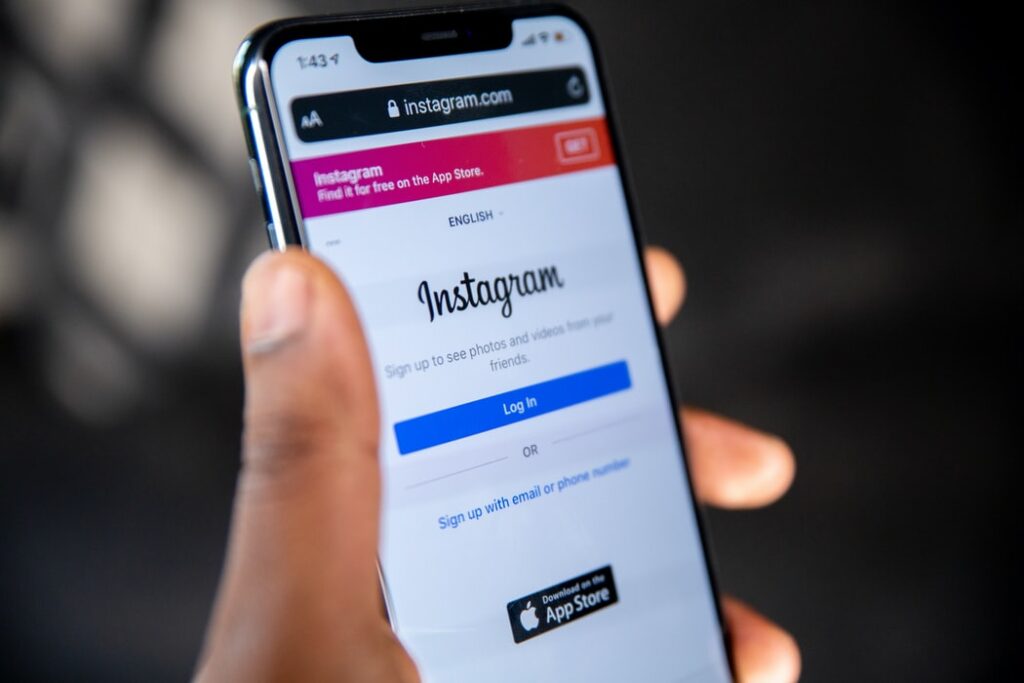The internet was always a place where you could get scammed. It all started with the Nigerian prince that needed your help and in time it grew into more elaborate schemes and plots to trick you out of your money or information. One of the latest social media crazes are giveaways and competitions. In general, those aren’t bad – quite the opposite in fact. The brand or a page will create competition, it will generate a lot of buzz for them, people will engage, the brand will grow and some prizes will be given out. Seems pretty great, right?
However, this has created an opportunity for scammers to come in and ruin the party for everyone. Now, one might wonder – what is there to lose? You won’t get a prize and that’s it – right? Well, not exactly.
How Do Some Of These Scams Work?

Some of these scams look and feel basically harmless. For instance, there’s a ‘giveaway’ taking place and the winner gets a cool reward. All it takes for you to win is to comment, like and share the post and you’ve entered the pool. When you look at it from that perspective – there’s not much wrong with it. Even if it is a scam, what’s the big deal? It’s fishing for likes and comments to grow the page. You could argue the morality of it, but the thing is – it isn’t costing you anything other than a few second of your time.
However, if a post like that generates a lot of buzz and a lot of people engage with it, the scammers could edit the post once it starts spreading – adding a link or an attachment infected with malware. Now, we wouldn’t generally click on a random link, but once you notice a post that’s been liked and shared a thousand times and there’s a sweet reward involved – we tend to forget about the first rule of the internet – don’t click on everything you see.
That’s just one example of how a scammer might get the best of you. Sometimes they’ll even organize entry based competitions for a really good prize, which would make people go and buy woobox votes from buyvotespoll in order to win – only to realize they’ve wasted their time and money on a scam.
Now, there’s really no certain way to know you’re being scammed because the guys behind it have become pretty good at it, but there are certain tell-tale signs you can look out for. You can never be cautious enough when you’re online – especially if you’re set to win something. With that in mind –we’ve decided to help out. We thought it would be a good idea to give you a few tips on how to spot a fake giveaway and stay away from it. Let’s get started.

-
Look For The ‘Verified’ Checkmark
What sets internet celebrity apart from the regular people, in the online world that is, is the blue checkmark. Nowadays, most of the celebrities and large brands have a symbol alongside their name which verifies that the account is being run by those people exactly.
Now, scammers often try and replicate big brands or they create fake social media profiles of certain celebrities and try to lure people in. In this case, they’ll often pose as a real brand and try and convince you that that’s who they are. They’ll pose as anything. They will brand the whole page, use logos and other brand identifying things to replicate the page as closely as possible. They’ll even buy some followers to make the whole thing look as real as possible.
However, there’s one thing they can’t do and that is to get their account verified. So, if it seems fishy that a certain brand or a person would be having a competition, just check for a blue checkmark.
-
Look At The Page
Up-and-coming brands and businesses can be without the blue checkmark – so you have to keep on looking. That’s when you go page diving. Take a good look at the profile and do your research. In most cases, the scamming profiles will be a freshly set up page with only a few posts and most likely all of them in regard to the competition at hand.
On the other hand, valid business pages often have a history of posts that are oriented towards their business. Even if it’s a fresh page, for a new business – chances are you’ll find a number of different business-related posts. No one starts their brand’s page with a giveaway.

-
Take A Good Look At The Prize
Another good way to spot a fraud or a scam is to look at the prize that’s being given away. In general, brands will give away something in regards to what they’re doing. If you see a travel agency giving away a leaf blower – something’s not right.
Also, consider the value of the prize. If it seems too good to be true – it probably is. A small start-up is most likely not going to be giving out a $1000 prize just for a couple shares and likes on Facebook and Instagram. Also, if you see someone giving away a car or a trip to Cabo – don’t even bother reading, just report it.
-
They’re Asking For Too Much Detail
In some cases, just liking and sharing a post is not enough to enter a competition. Sometimes there’s the additional effort needed in order to win a prize. That is not strange, there are a lot of giveaways that do that. However, there’s an extent as to how far you should go with sharing personal information.
For instance, there’s absolutely no need for you to share your bank account details or home address or even a telephone number – at least not right away. Sometimes your address is required so you can receive a prize, but if there are just too many questions from the get-go – it’s not worth the risk. Take a look at the form and if it seems that someone could easily assume your identity just by reading it – it’s probably a scam.

-
There Are No Terms And Conditions
One of the greatest red flags is missing terms and conditions. No one reads them, but that’s beside the point. There have to be some kinds of rules and guidelines or eligibility requirements in order for a competition to be real – so always look for those. You always hear those ‘certain rules and restrictions apply’ when a big giveaway is advertised on TV – so why wouldn’t there be one for an internet competition?
There you have it, those were our expert tips on how to spot an online scam. As we’ve already said – there isn’t a foolproof method to determine whether competition is a scam or not, but in most cases, if you notice any of the aforementioned red flags – you should probably pass up on that one.

